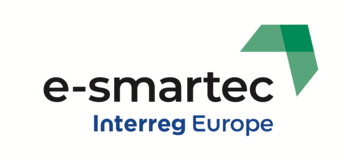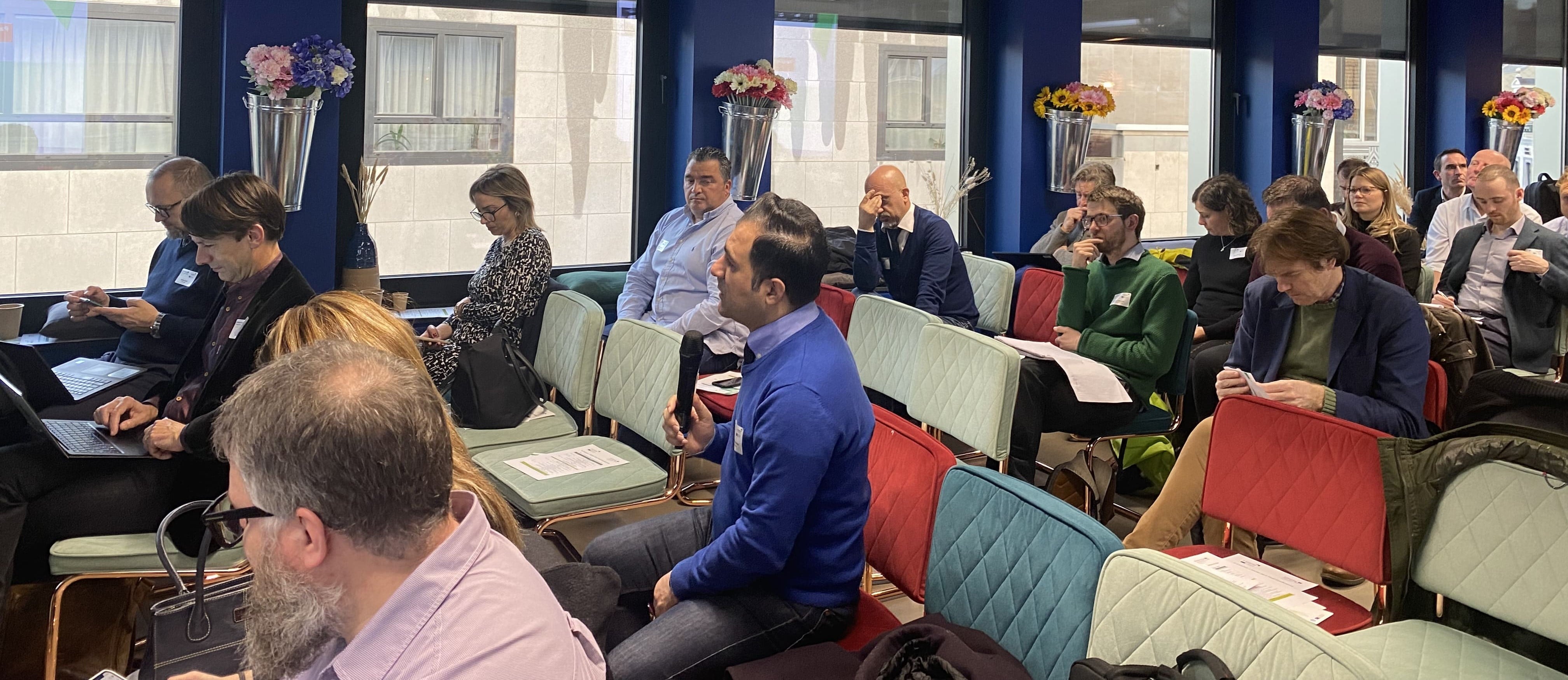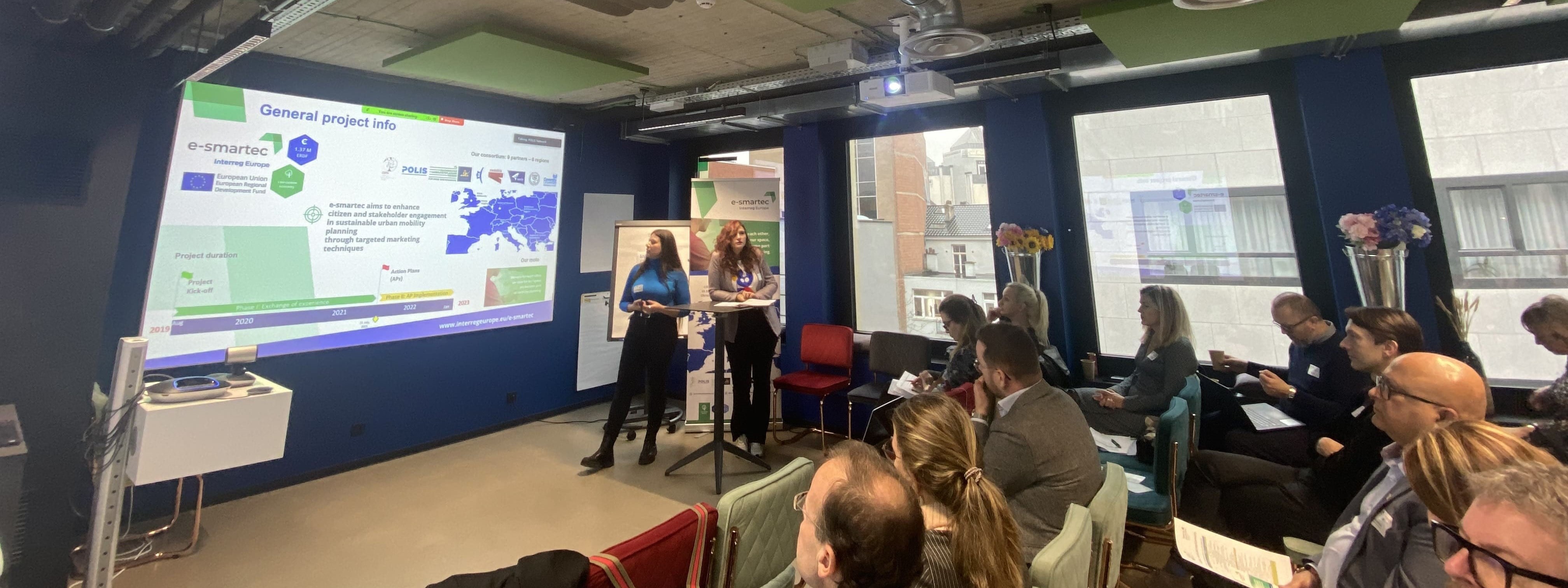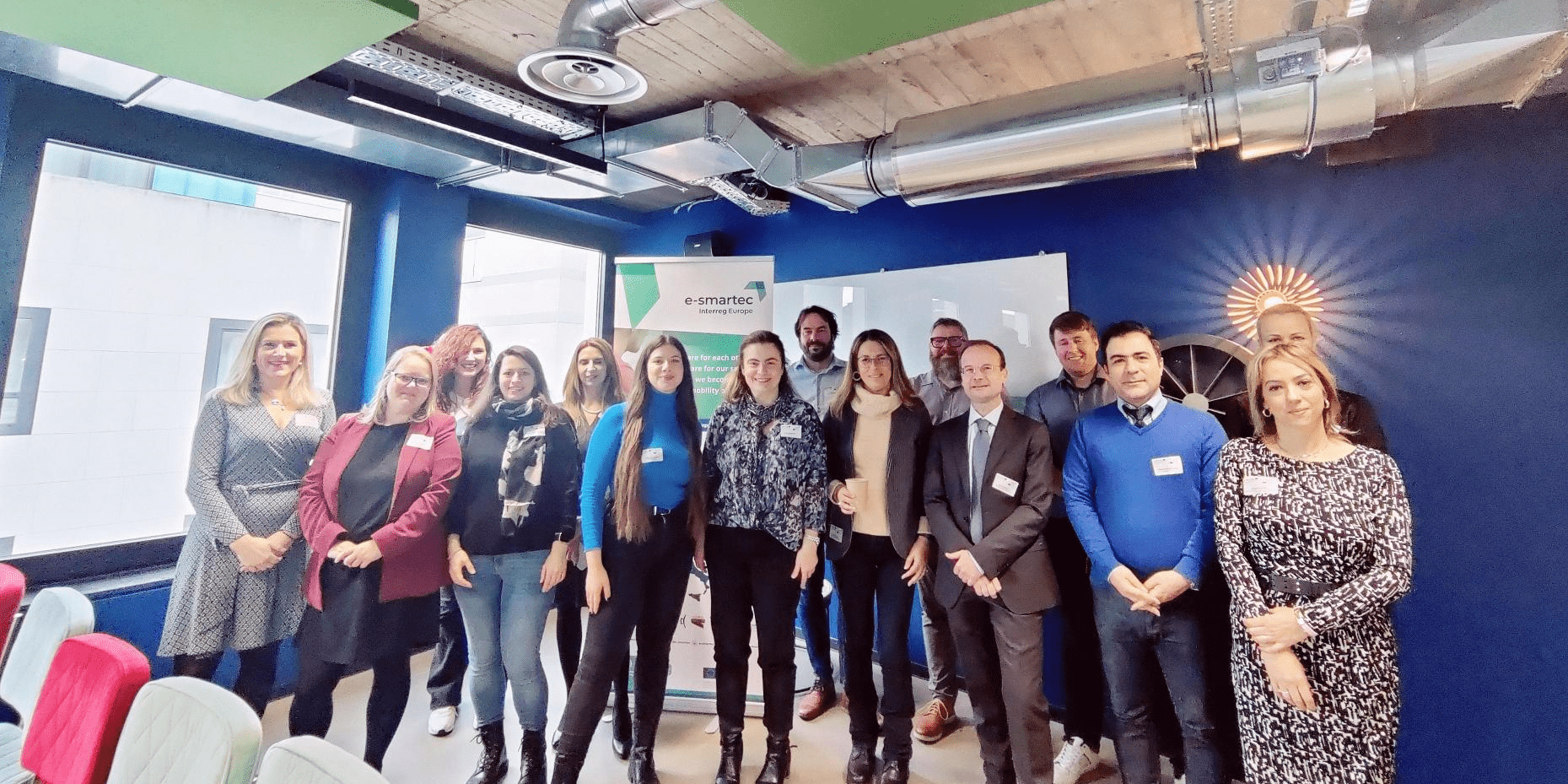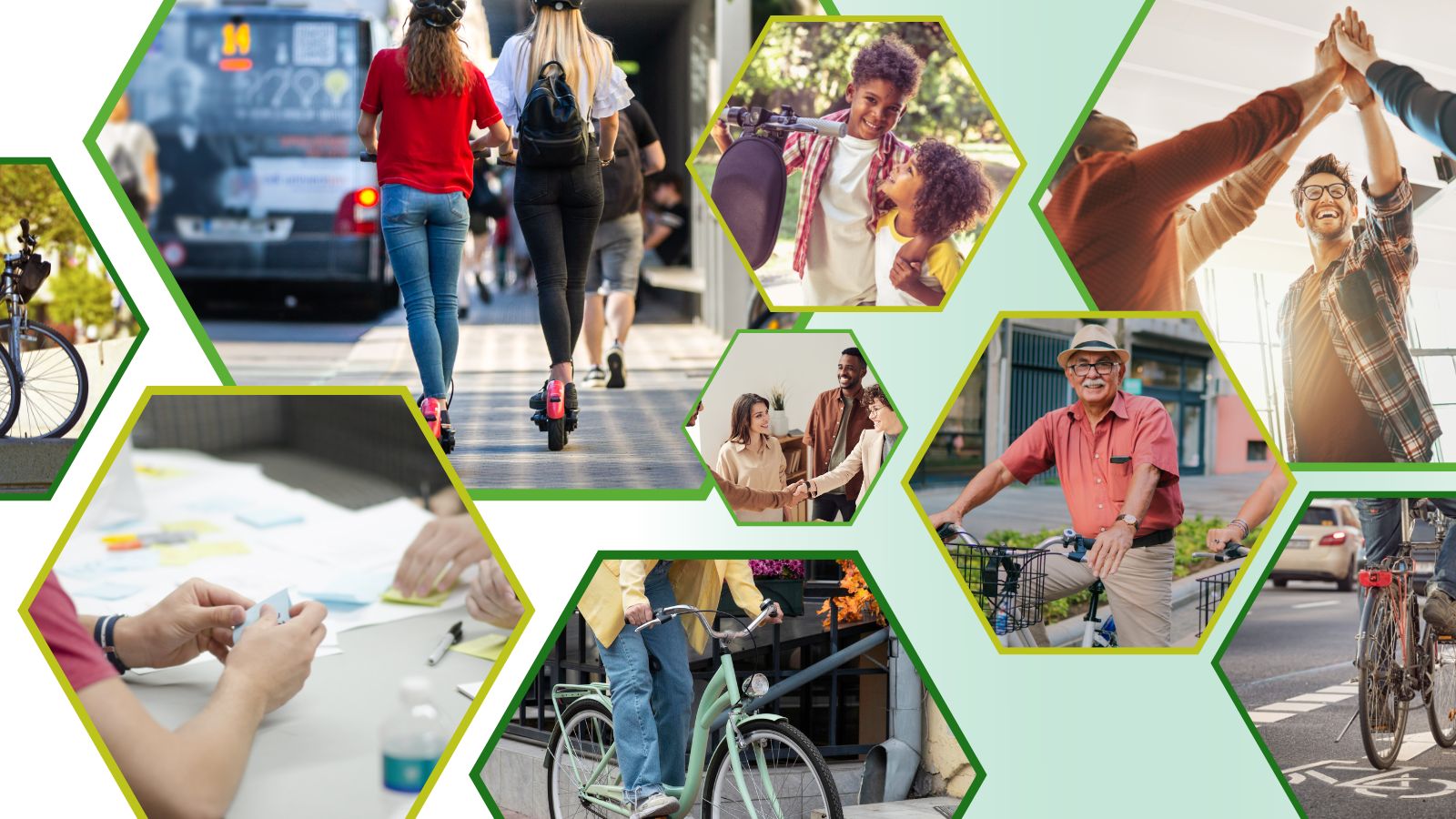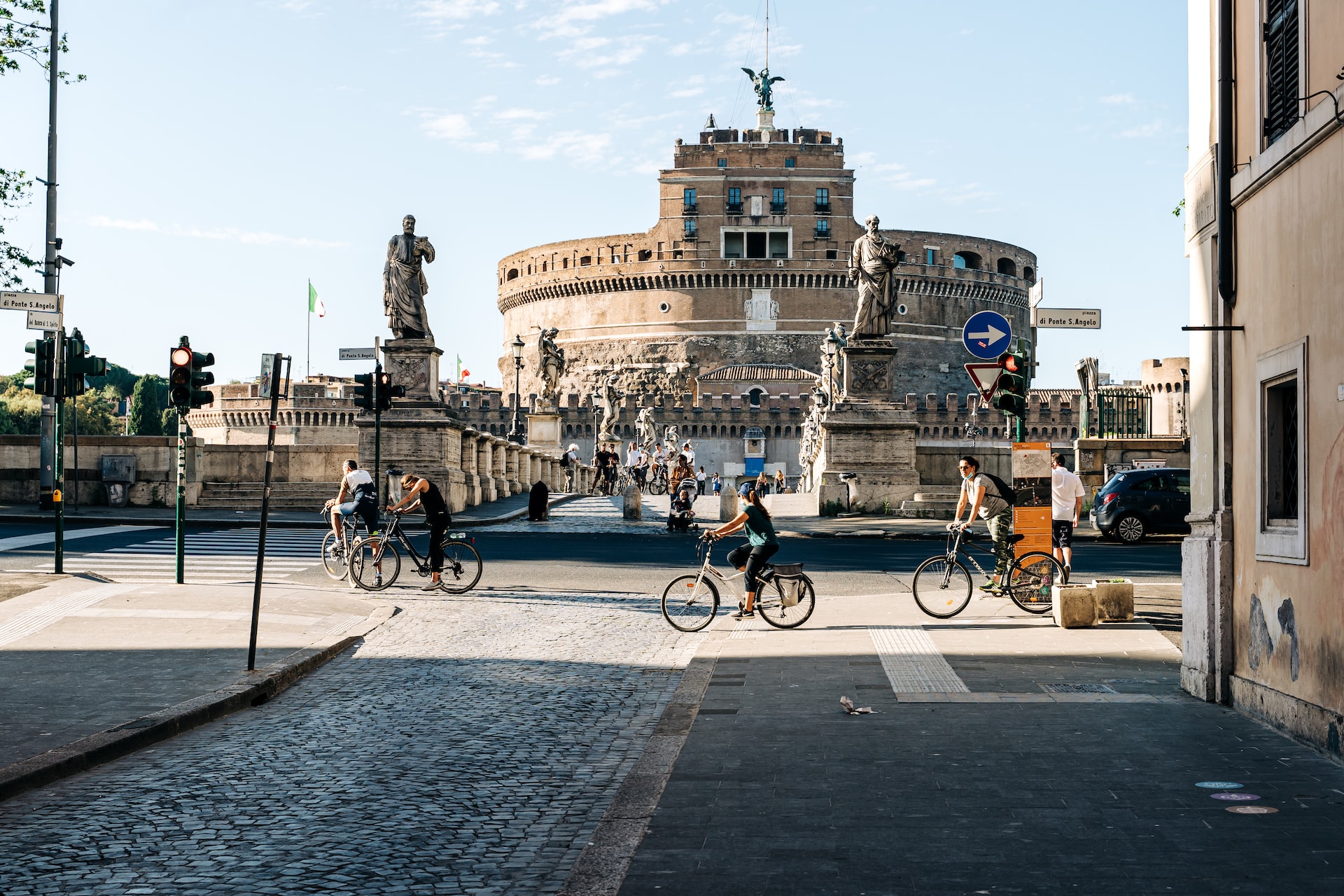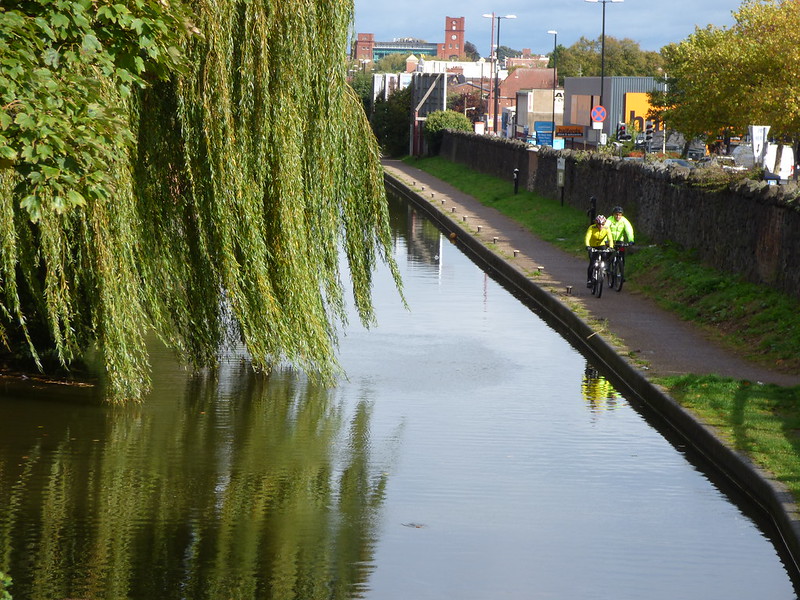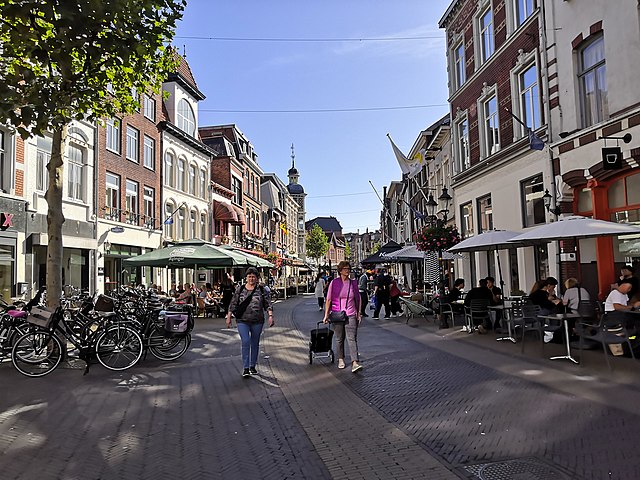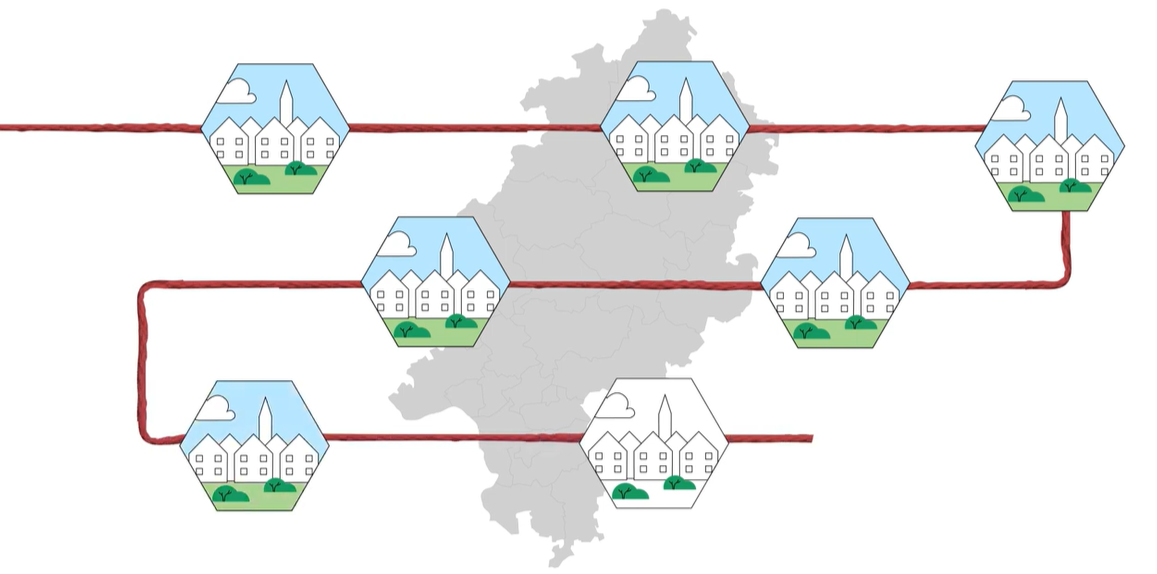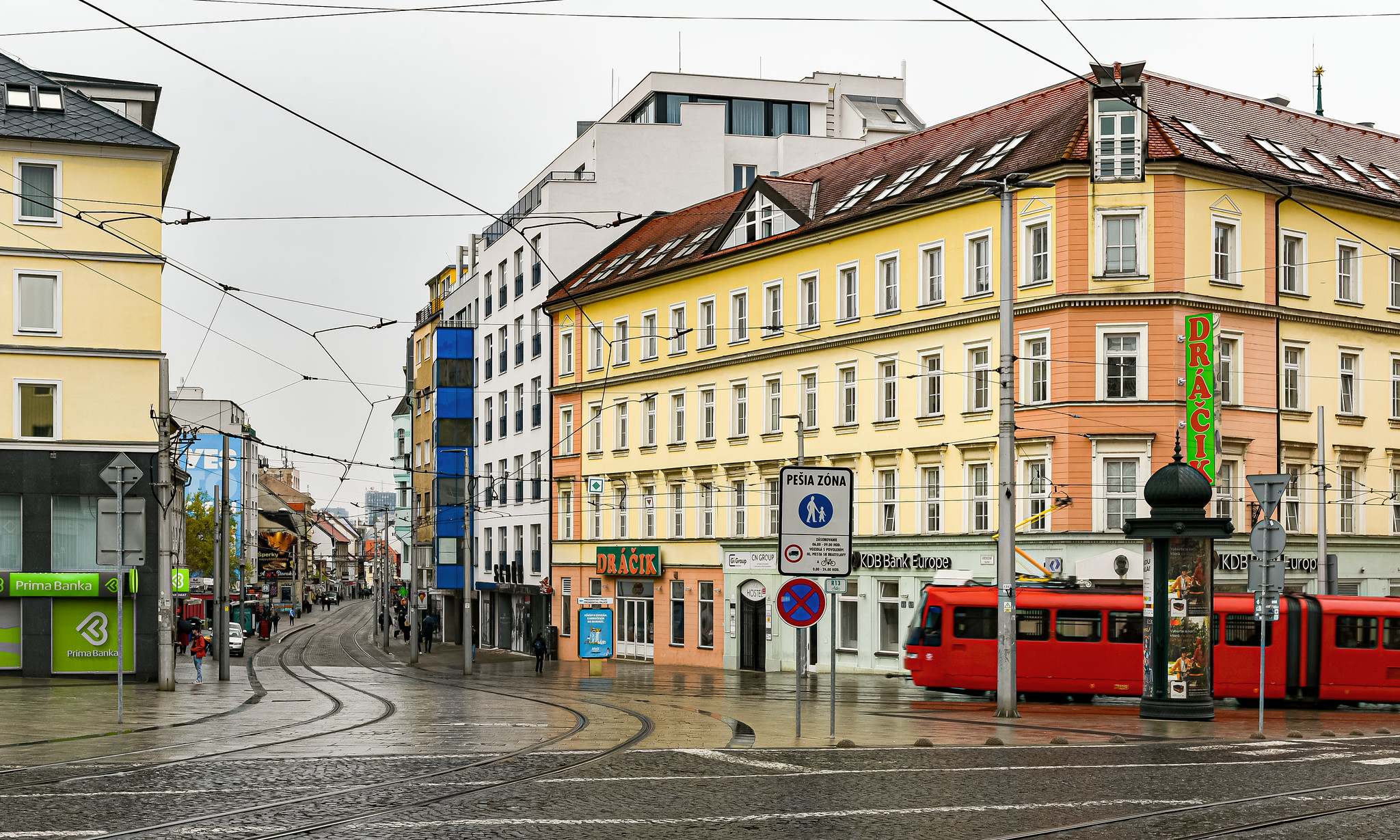We care for each other, we care for our space, we become part of mobility planning
Located in the southeastern of the Netherlands, the Venlo Region is one of the six areas where e-smartec is looking at impacting mobility. The project was presented on 12 December 2019 in a Living Lab that gathered 20 stakeholders.
The meeting that took place in the municipality of Venlo was an excellent opportunity to discuss how marketing techniques can be useful to achieve sustainable mobility behavioral change.
As a key component of the e-smartec project, influencing behavior was one of the most important topics of the discussion where participants tackled issues such as:
- How to motivate citizens for partial mobility or innovative and sustainable means of transport?
- How to encourage employers to offer Mobility as a Service (MaaS) to their employees?
- How to make sure traffic participants avoid using their smartphones during their trip?
- How to stimulate visitors to use more sustainable means of transport to visit the cities?
Three types of resistances were identified: Fear, scepticism, and inertia
One of the main outcomes of the Living Lab was to acknowledge that before trying to influence people by using marketing techniques, it is necessary to identify resistances. During the workshop three types of resistances were discussed:
- Fear. Stakeholders feel threatened.
- Scepticism. Stakeholders recognize that sustainable mobility is needed, but they have doubts regarding the functionalities.
- Inertia. Stakeholders are aware of the benefits of making mobility more sustainable and have the tools and know-how to change people's behavior, however, they think it is not their responsibility, or others should take the lead.
Participants agreed that an inadequate approach could potentially increase resistance and achieve negative results.
Finally, the half-day meeting was successfully concluded with a reflection on the techniques previously used in the Venlo region.
